Il Dolce Far Niente

The sweetness of doing nothing.
Il Dolce Far Niente
By Antonia Fest
November 05, 2022
You will never hear an Italian use the words ‘Il dolce far niente.’ It is not something they say, it is something they do. Engrained into their being, lives a fundamental principle that comes so naturally to them, and so unnaturally to others.
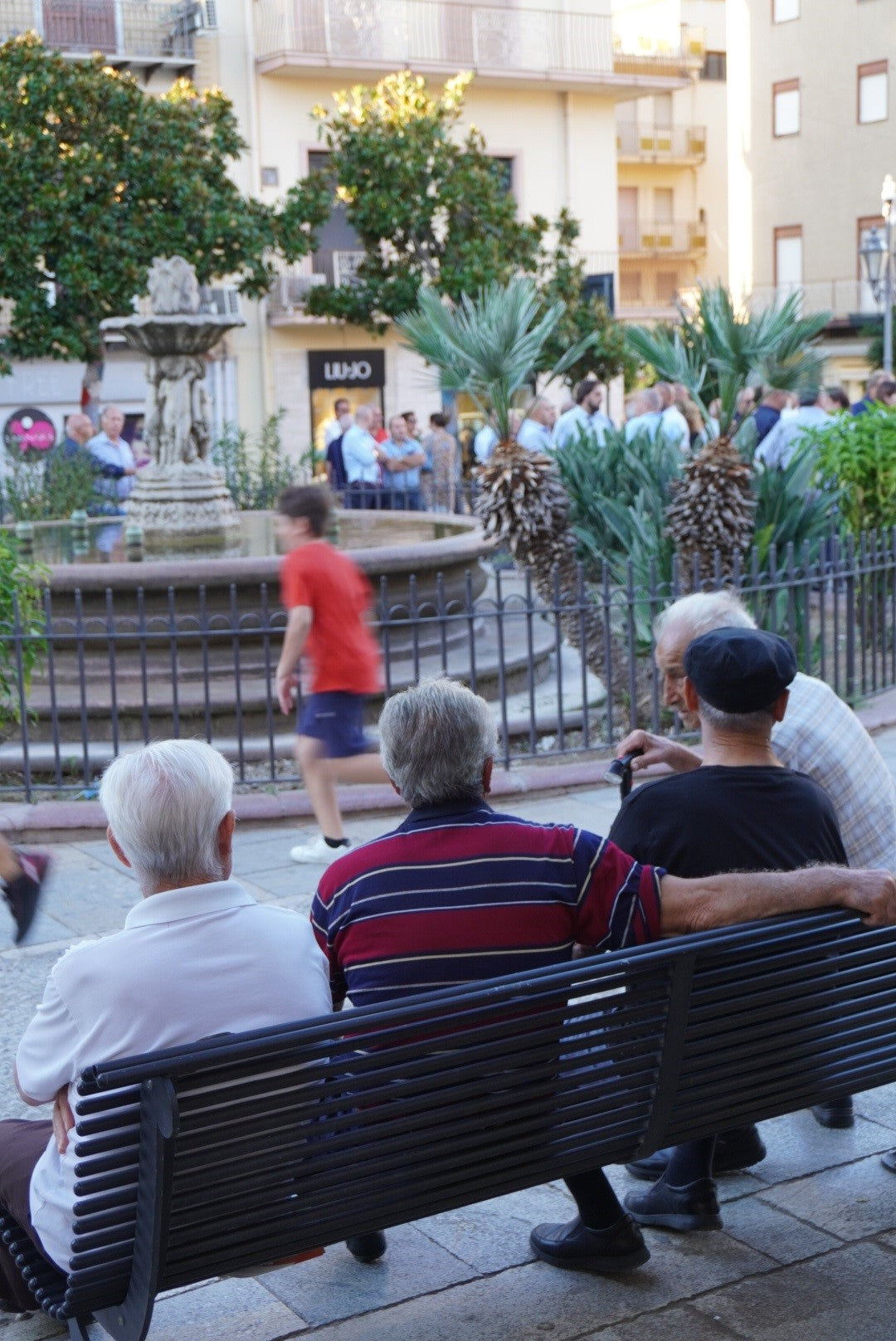
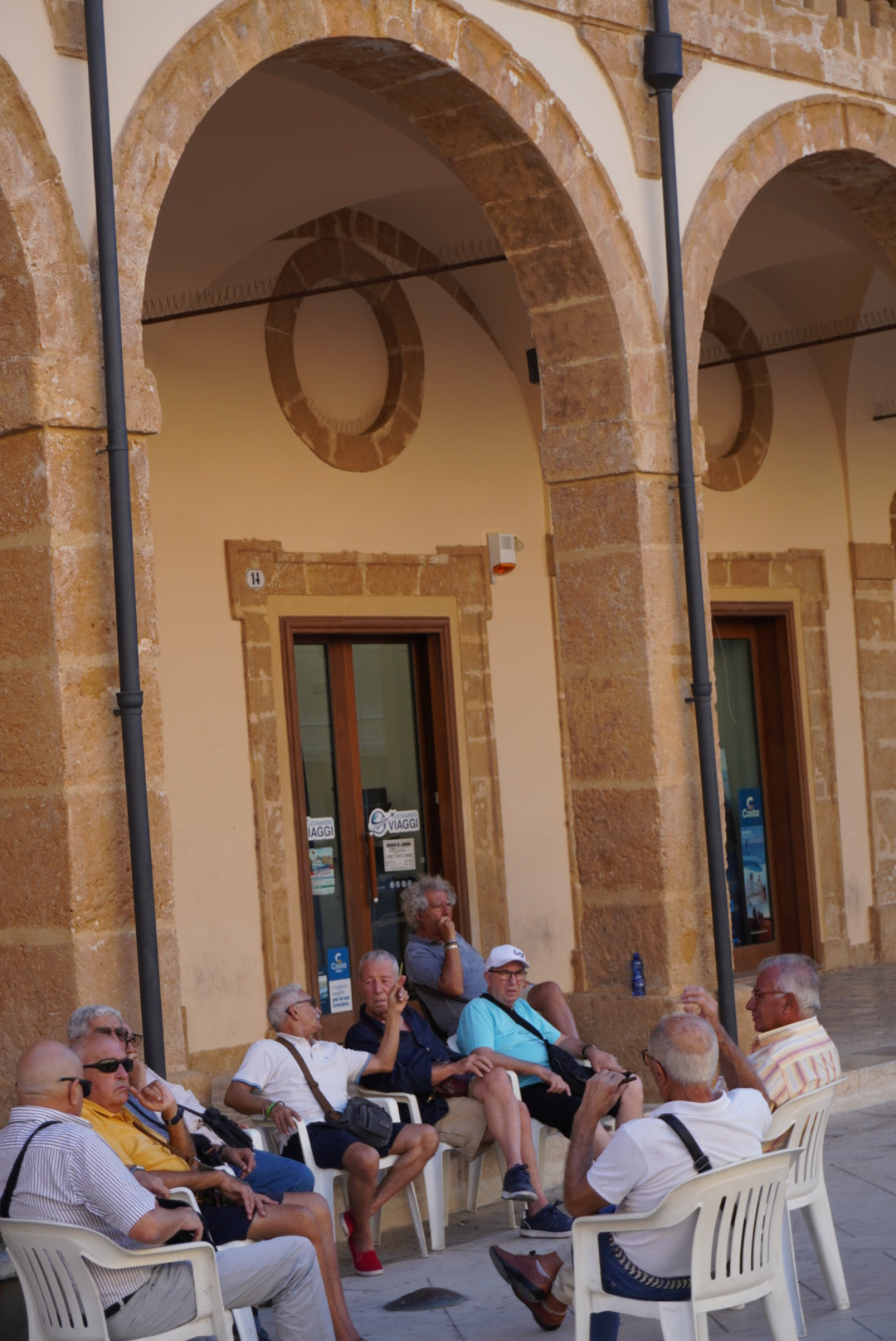
What Does Il Dolce Far Niente Really Mean?
‘Il dolce far niente’ technically translates as ‘the sweetness of doing nothing.’ It encapsulates an Italian philosophy of delicious idleness. Its literal translation (‘the sweetness to do nothing’) is clunky and unpoetic but beyond the tricky grammatical interpretation, the act of doing nothing in itself is also untranslatable. In Italy, ‘Il dolce far niente’ is a conscious decision to remove oneself from the strife of daily existence. It’s the same instinct behind the afternoon siesta, a pause that feels less like a break and more like a birthright.
It is an instinctive act rather than one which needs to be earned or which is the last resort after reaching boiling point. Whilst many cultures have glorified and glamorized working overtime, pushing limits, and constantly keeping busy this has never been a sweeping peril in Italy.

The Italian Relationship with Time
In fact, the country ranks as one of the least at risk in Europe for burnout or feeling on the verge of a breakdown. This has largely to do with the quality of life which is marked by small actions—or rather, moments of inaction—throughout the day that is fueled by the understanding that life is not only about work or even play.
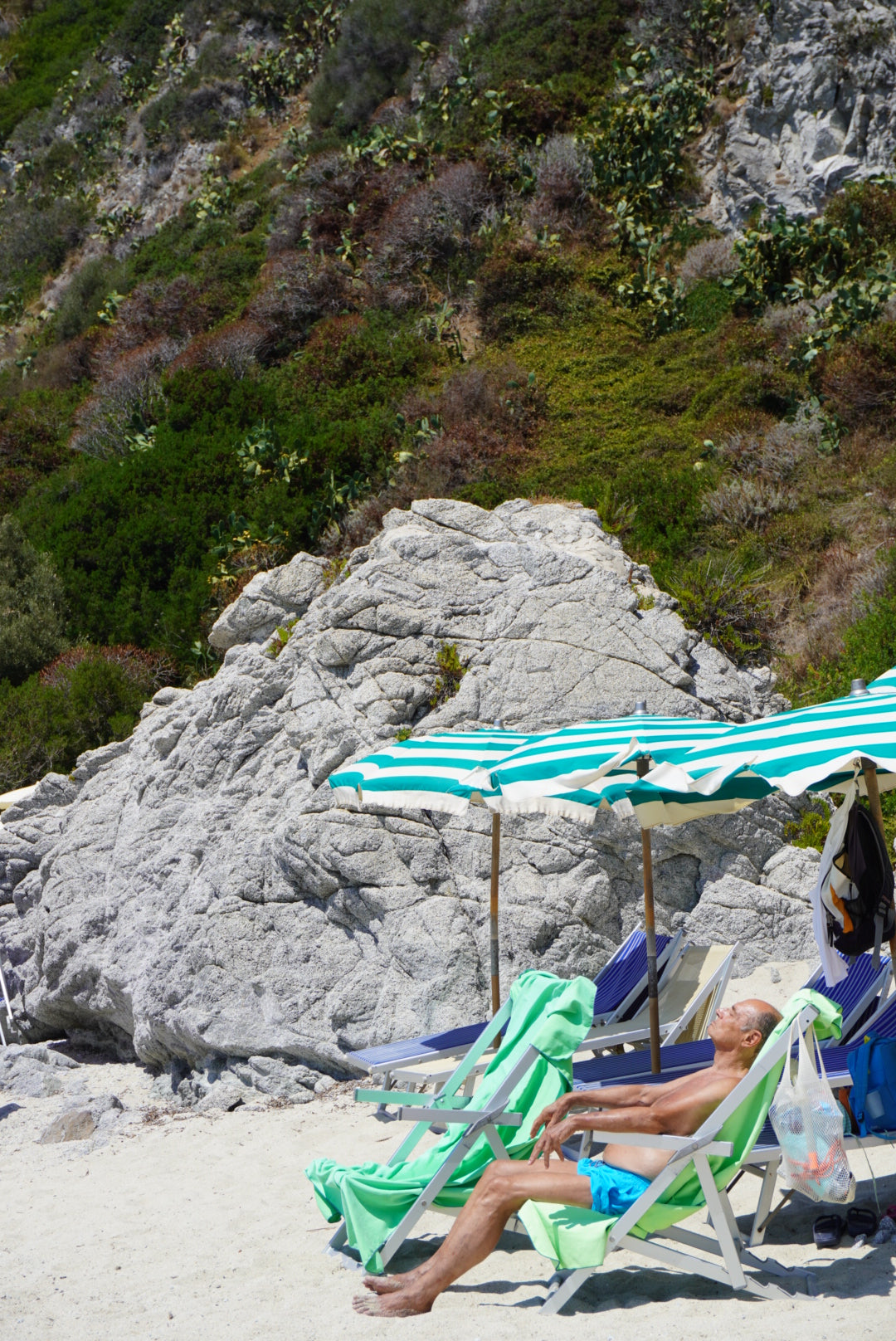
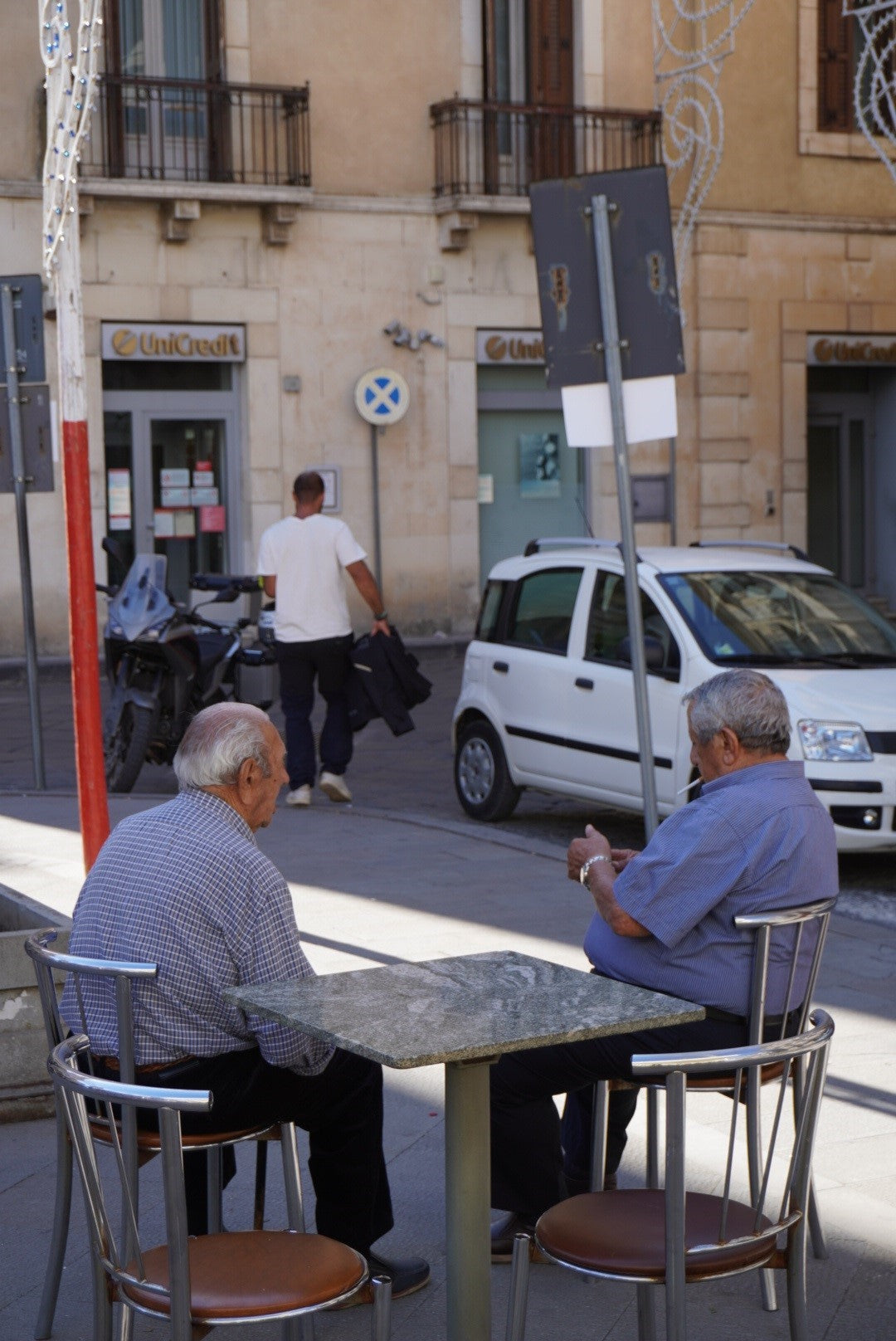
‘Il dolce far niente’ is difficult to define. In fact, when asking Italian friends to put their finger on its precise meaning, they failed to verbalize it. They struggle because it is an impulse and not a procedure, a mentality and not a motto, it is something practiced and not preached. However, a few tell-tale signs of ‘il dolce far niente’ can be discerned in Italian every day. When strolling through small towns, you will often see locals pulling a chair out of their front door and taking a seat to watch their world go by. Some are joined by friends or family, some bring potatoes to peel, some shoes to polish, or some clothes to sew. By early evening, those chairs often migrate toward an informal apericena, where small plates and wine replace any sense of urgency.
This is, however, their opportunity to absentmindedly exist without the need to do anything because Italians understand their time is their own and they are deserving of control over it. As the writer and astute observer of Italian society, Luigi Barzini writes:
"The pleasure of Italy comes from living in a world made by man, for man, on man’s measurements."
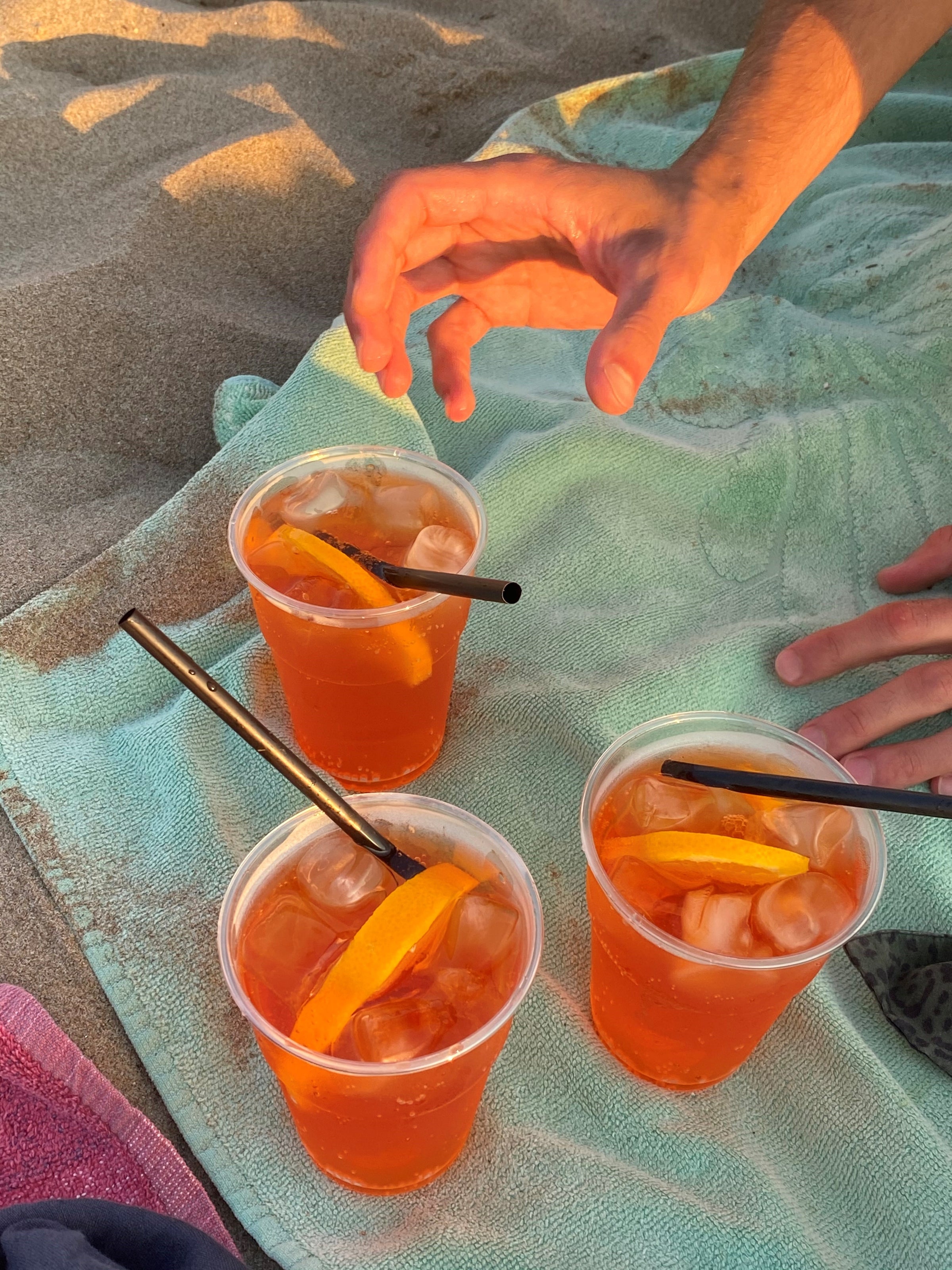
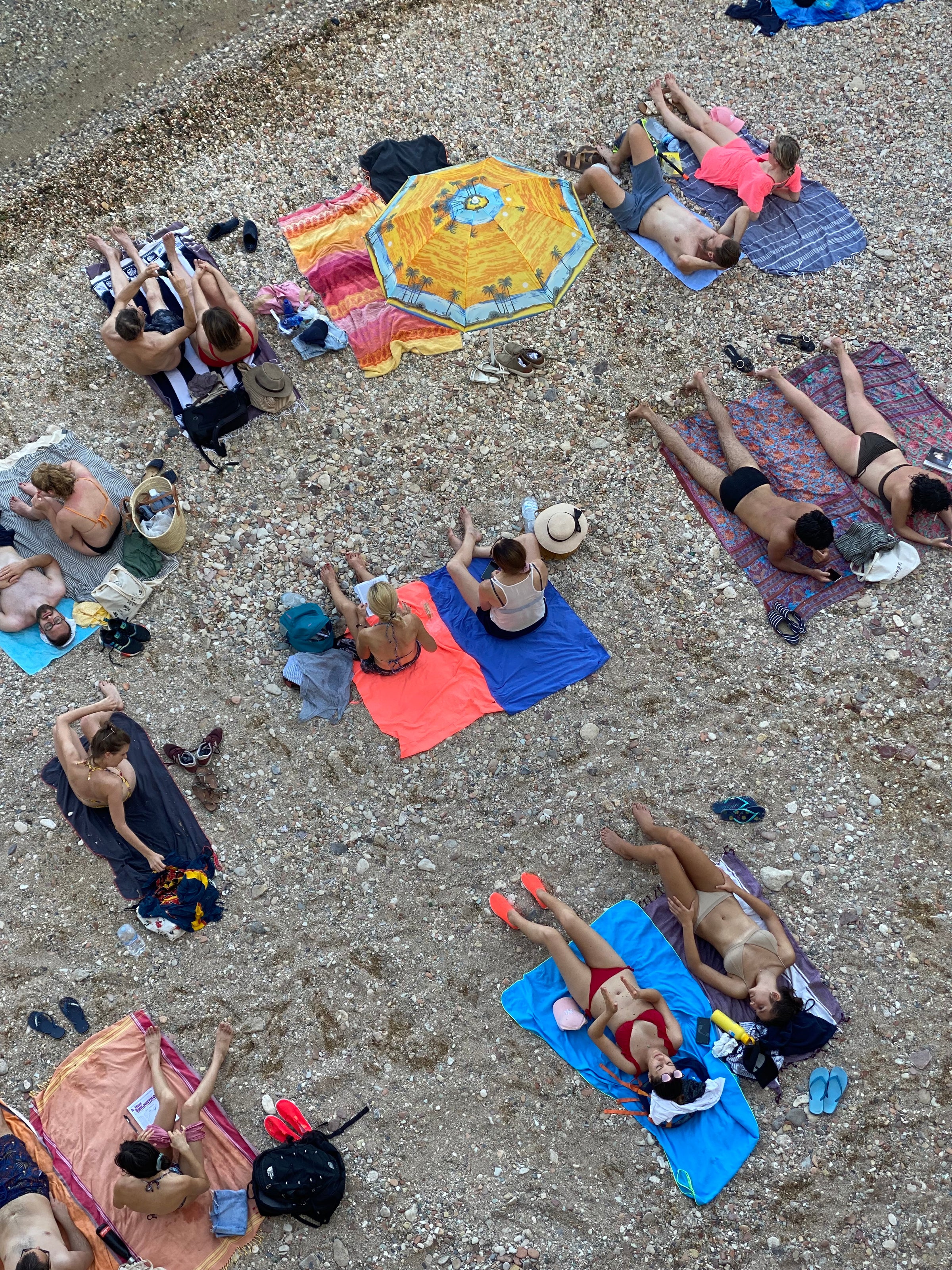
Ferragosto and the Art of Collective Rest
The act of sitting, watching, and being is a perfect embodiment of Barzini’s words and something which ought to be assimilated by other cultures to whom this does not come so easily. A further example of Italy’s noble efforts to do nothing is the public holiday of Ferragosto. On 15th August, the whole country enjoys a day off in the heart of the summer period. Whilst it is tied to a religious festivity, there is a distinctively secular focus on Ferragosto. Italy comes to a standstill, as work is placed aside, and time spent with family and friends is prioritized. And of course, no gathering is complete without the quiet ritual of raising a glass — a tradition woven deeply into Italy’s toasting culture.
The main cities and infrastructural hubs are abandoned as people flee to the coast and delight in the sweetness of doing nothing.
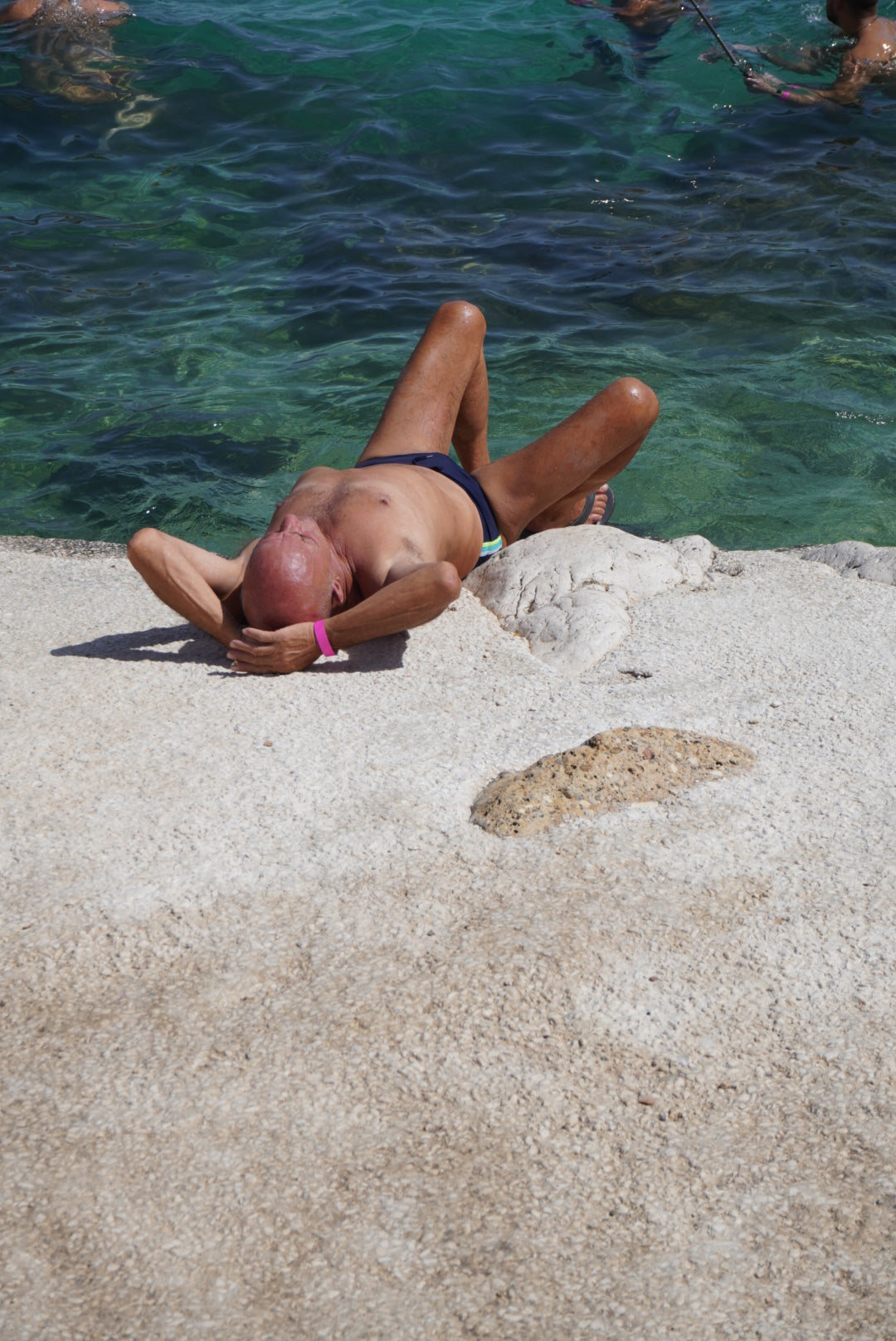
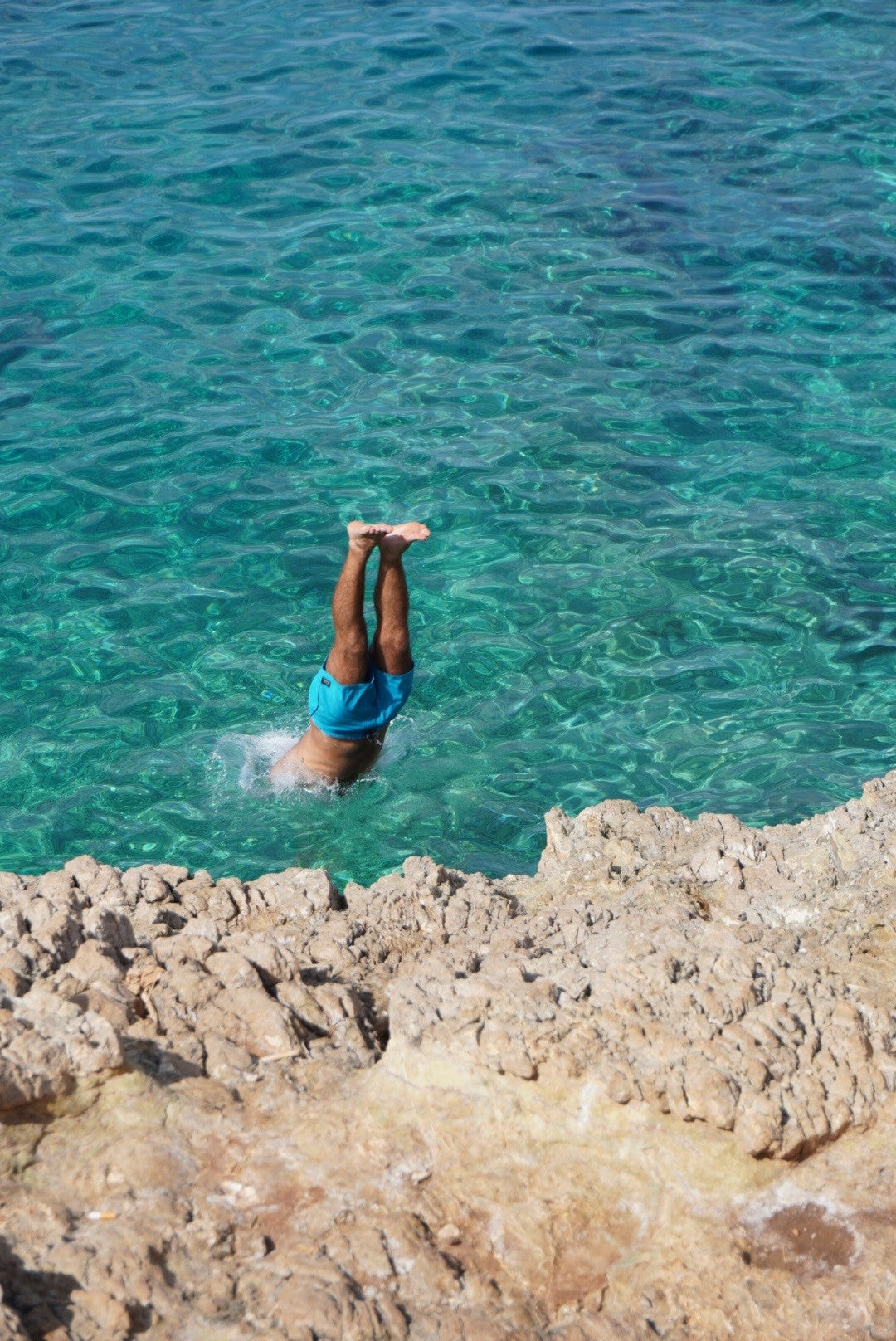
This holiday dates back to ancient times when the emperor Augustus decreed that the whole month of August be one of rest for his entire empire. Now whittled down to just one day of repose, the many thousand-year mentalities of time off have remained integral to the Italian summer. Ferragosto is a celebration of doing nothing and what doing nothing can result in: the opportunity to recharge and reflect on what is valued most in life. For this reason, it is a highly important holiday in Italy and one which is taken seriously. Indeed, the point of view is reflected by Giuseppe Tomasi di Lampedusa, one of Italy’s most important authors of the 20th century:
“In Sicily, it doesn’t matter whether things are done well or done badly; the sin which we Sicilians never forgive is simply that of ‘doing’ at all.”
Throughout the year, the same spirit carries into local sagre, where food, community, and time seem to stretch effortlessly.
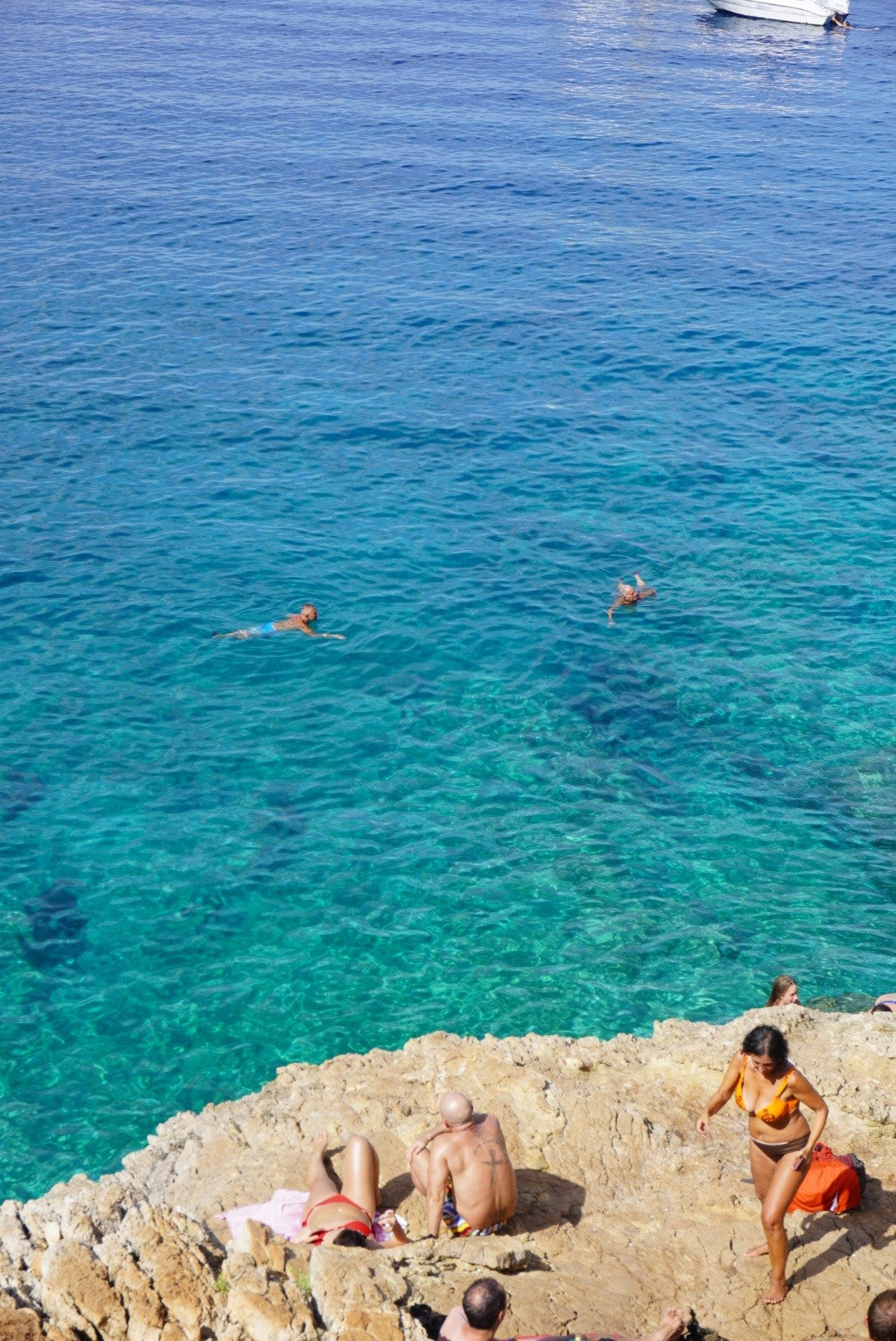
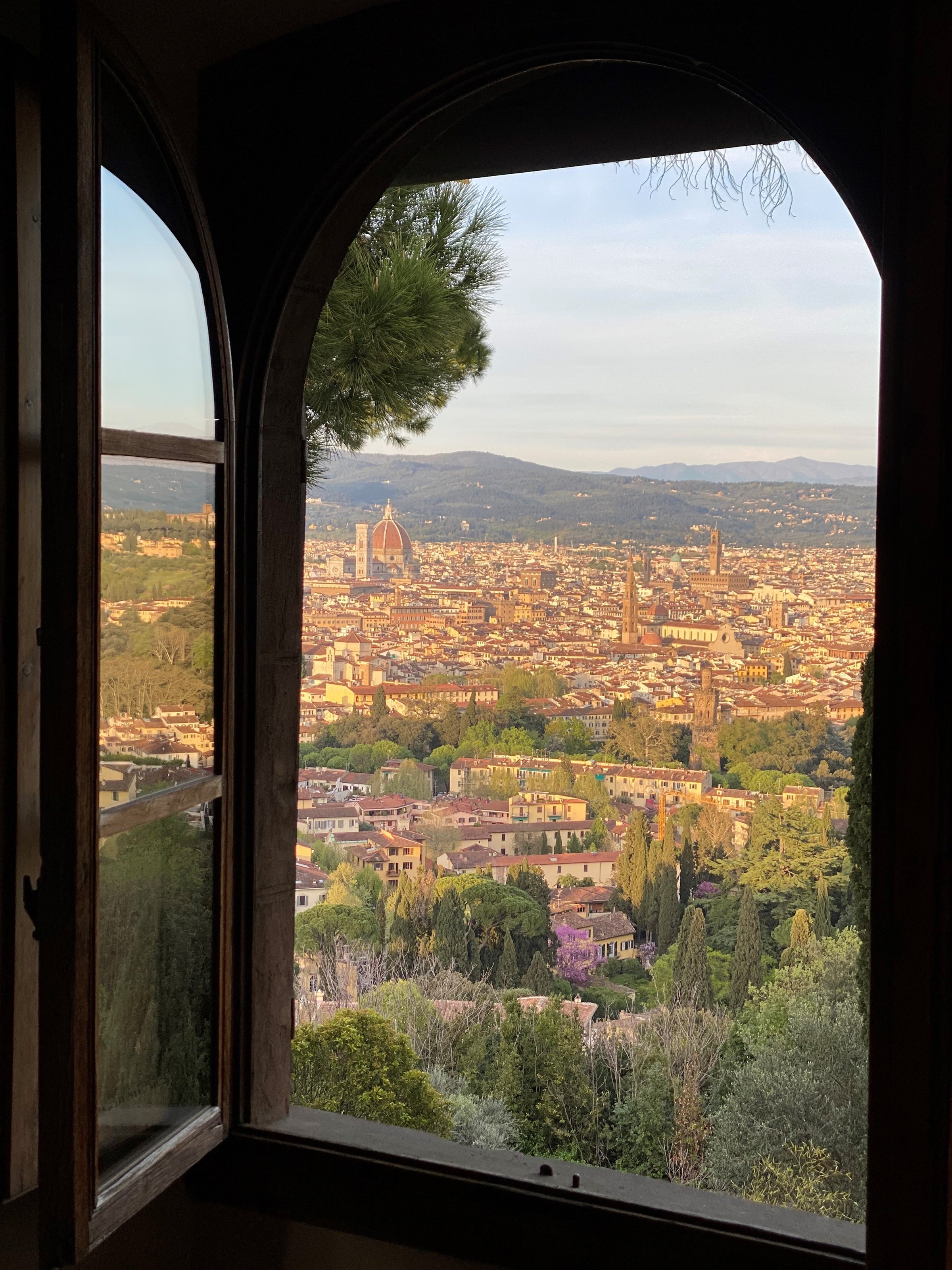
Whilst the words do not pertain to Ferragosto, the sentiment remains. In many instances, ‘doing’ is frowned upon to such a degree that it is considered a flaw. This is what most non-Italians will struggle to wrap their heads around. Whilst they may also appreciate the concept of not doing, in most instances, a sense of guilt will stain their indulgence in the act. On the contrary, Italians will continue to reap the benefits of nothingness because they enjoy it wholeheartedly and with a clear conscience. They see the value in it. It may then seem counterintuitive when great masters such as Michelangelo have stated:
"There is no greater harm than that of time wasted."
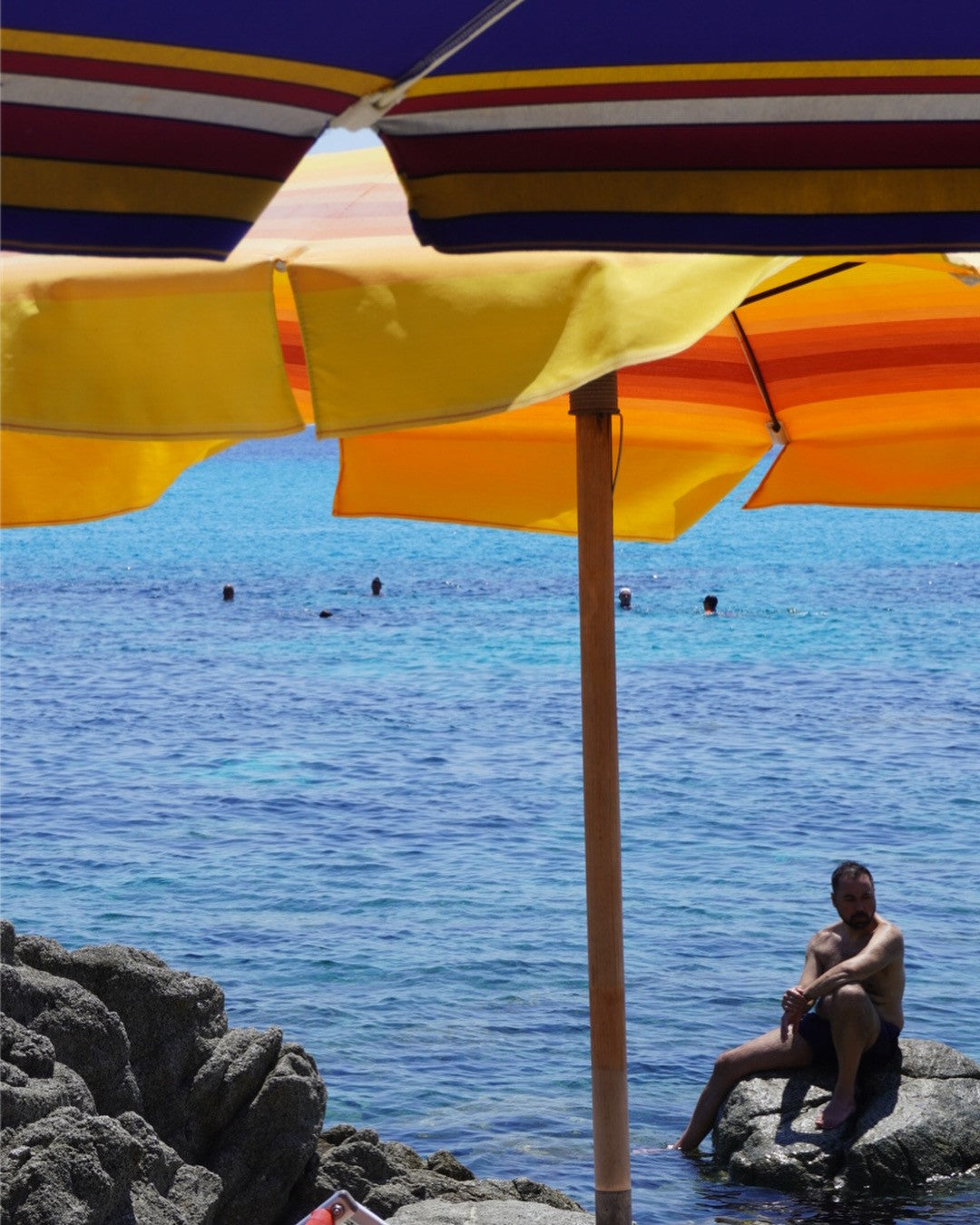
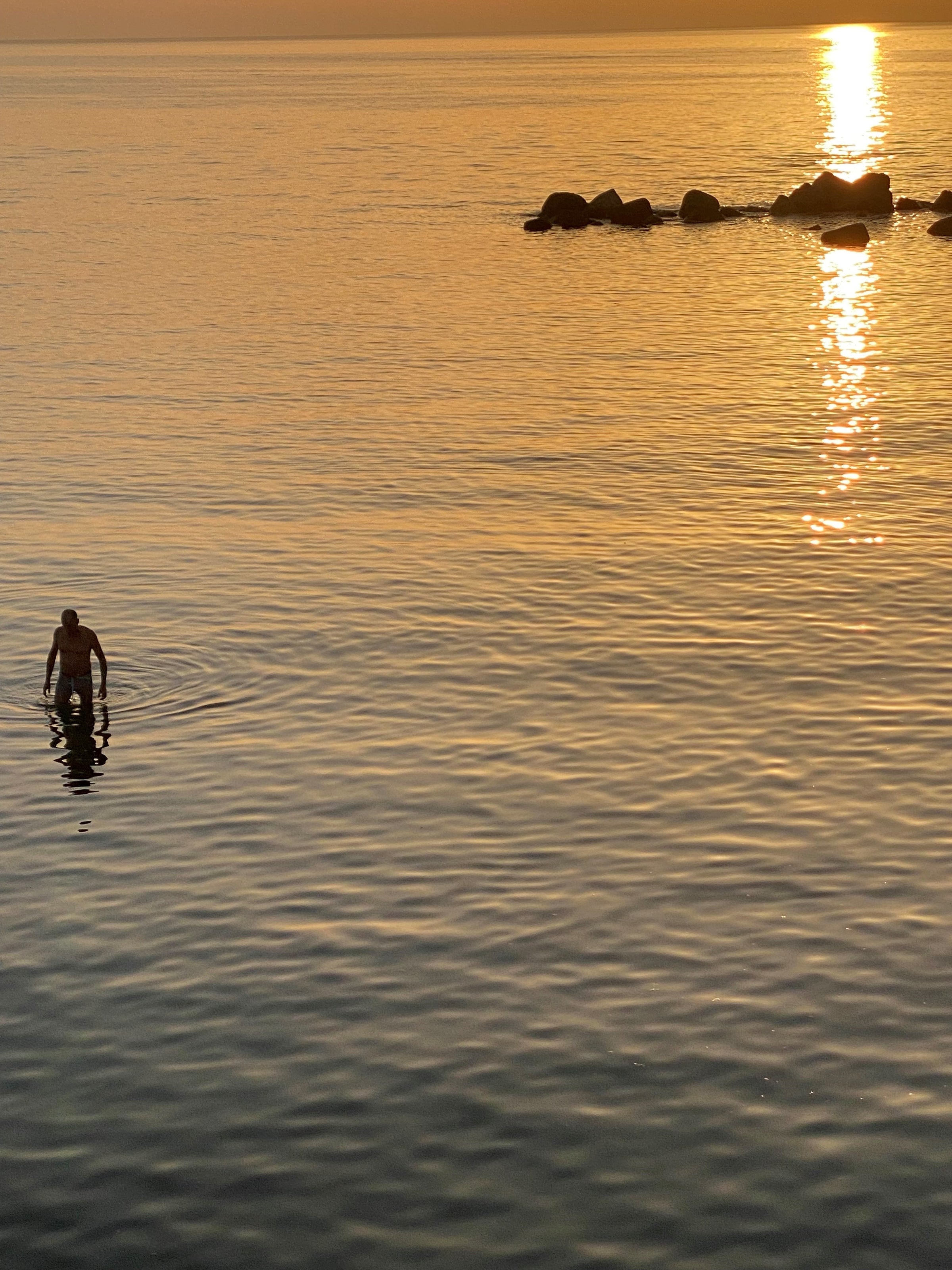
Why Doing Nothing Is Not Laziness
Herein lies the crux. ‘Il dolce far niente’ is not a straightforward practice because it is not easy to divorce the concept of doing nothing from laziness. However, those who can see nothingness as a productive tool – in other words, not as time wasted - will be rewarded with utmost pleasure. The mindset is ground-breaking in its simplicity, and most importantly, ‘il dolce far niente’ is a democratic principle. It is not reserved for the time-rich but is an attitude that is shared across the length and breadth of Italy. Regardless of the stress which accumulates in work or life, Italians will always carve out moments of their day to give in to nothingness, a commodity that has only increased in value as the modern world progresses and intensifies. The luxury of doing nothing without an ounce of guilt cannot be measured or matched. It is Artemisa Gentileschi, one of Italy’s most important Renaissance painters, who sums up the self-control and self-worth which accompanies one who has mastered the act of ‘il dolce far niente’:
"As long as I live, I will have control over my being."





